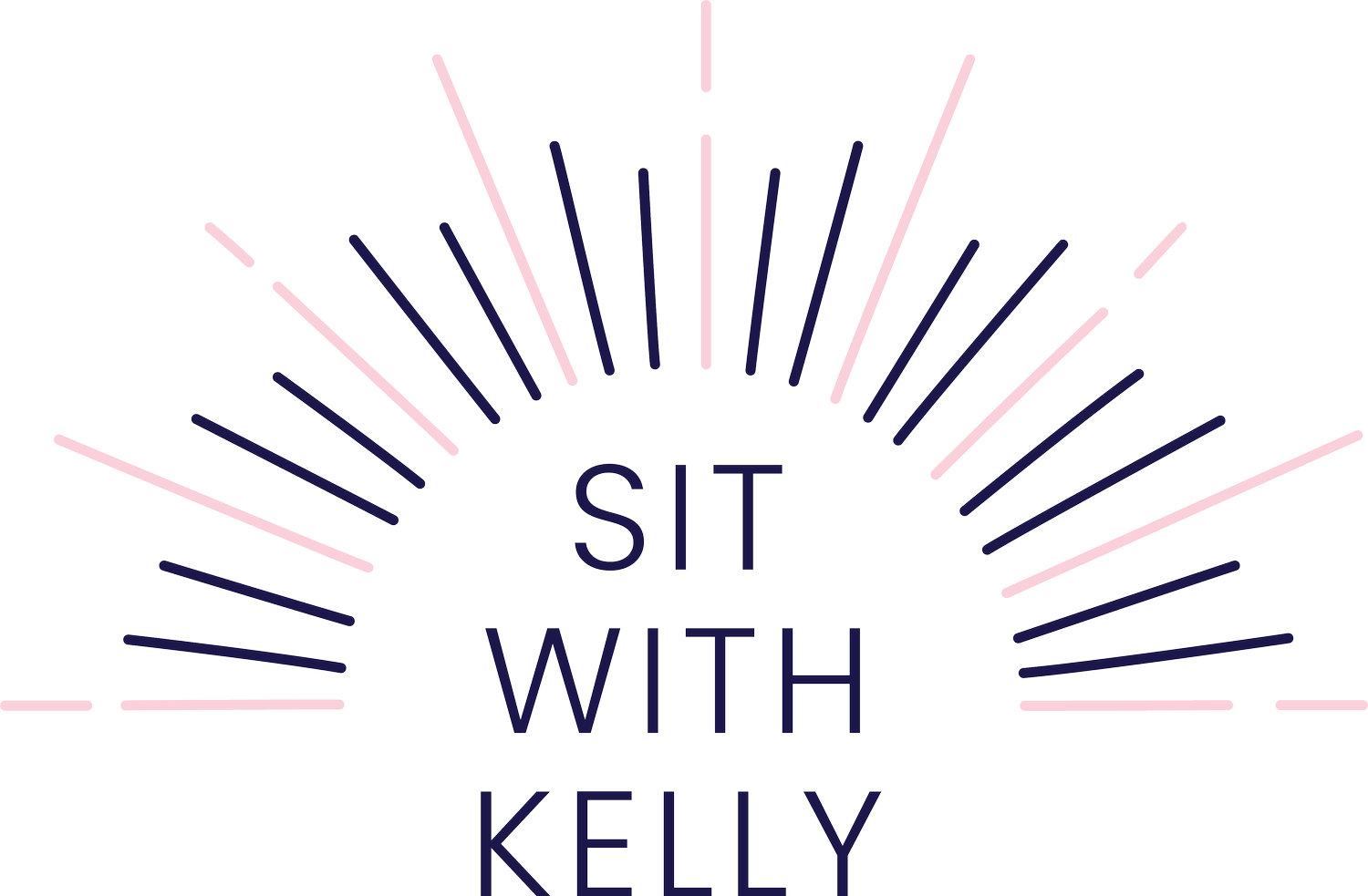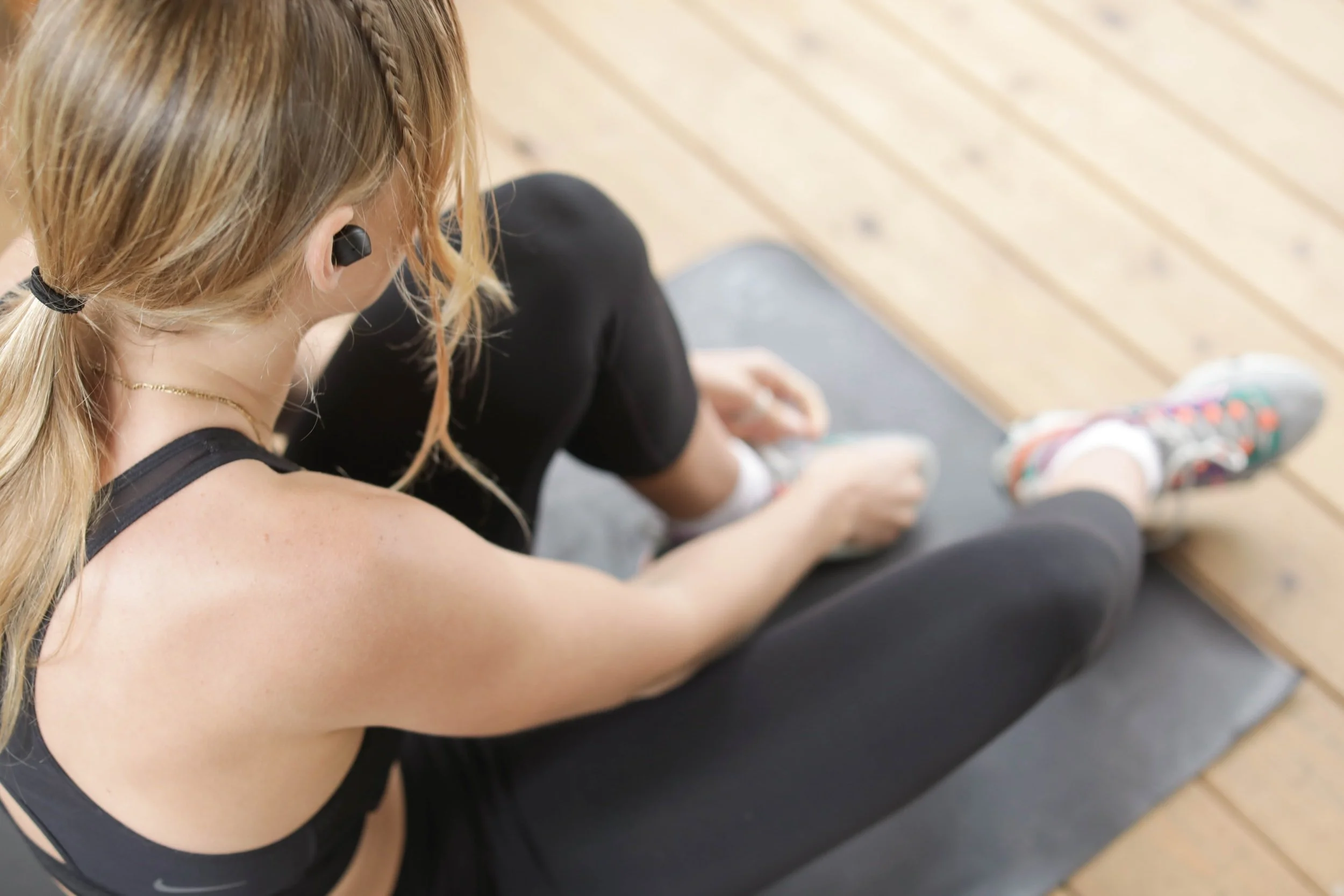How Physical Movement Can Help Anxiety
Does your anxiety ever make you feel like your mind or body is frozen in place?
The feeling of being stuck and not knowing what to do - of not being able to move forward, let alone move at all - can feel like a nightmare. Yet even when you feel completely paralyzed, anxiety has a way of moving all this nervous energy through you until the nervousness, edginess, and discomfort have taken over - body and mind.
Rather than falling into a freeze response, instinctively trying to feel better by avoiding what's happening, what if there were a better way? What if one of the best ways to manage your anxiety and feel better were the literal opposite of staying frozen?
No matter how big or small, physical movement can help relieve anxiety in many ways. So if you've ever wondered how doing something as simple as going for a walk works to make you feel calmer and more clear-headed, here is how!
Physical movements activate your parasympathetic nervous system.
When you're anxious, your sympathetic nervous system is working overtime. This system is responsible for the "fight or flight" response - getting us ready to take action (or freeze) in a dangerous situation.
Unfortunately, this response can also be activated when we feel anxiety or stress, leading to all sorts of physical symptoms like a racing heart, sweaty palms, and feeling lightheaded.
Doing something physical with your body, like walking or stretching, activates the parasympathetic nervous system (PNS). This part of our autonomic nervous system - also known as rest-and-digest mode - is responsible for us feeling relaxed and calm.
Physical movement can help you focus and connect with your surroundings.
When we're anxious, it's not uncommon to feel like our thoughts are racing and that we're disconnected from what's happening around us. Physical movement can help get us out of our heads and ground us back into what's happening right here, right now.
It also puts us in more control of our bodies, empowering us when we feel like anxiety has taken over.
Exercise helps improve your sleep, which is often disrupted by anxiety.
One of the most common anxiety symptoms is difficulty falling or staying asleep. This can be caused by racing thoughts, physical tension, and cortisol.
Exercise has been shown to help improve sleep quality, partly because it helps reduce cortisol levels in the body. Better sleep can help you better manage your anxiety and break the vicious, sleepless cycle.
Walking or getting outside can be calming and grounding.
Walking is a great form of physical movement, especially if you struggle to find the motivation for exercise. The rhythmic pattern of walking can help soothe your mind and body.
Some studies have even shown that spending time outside in nature has calming effects on our nervous system. This may be because nature helps us connect with our surroundings, promoting a feeling of peace and stillness. So, when possible, go for a combination of both!
Physical activity can distract you from anxious thoughts and help "burn off" nervous energy.
When we're feeling anxious, it's common to have a lot of energy running through our bodies. This can manifest as feelings of restlessness, agitation, and hyperactivity.
Physical activity is a great way to burn off this nervous energy healthily. Physical movement gives you something to focus on instead of the uncomfortable thoughts and feelings you are experiencing!
So if you need a way to help manage your anxiety, consider adding physical movement into your day. Whether it's going for a walk, doing some yoga, or hitting the gym, any physical activity can get your body and mind moving in a better direction. And the sooner you start, the easier it will be to feel calm and enjoy life!
Remember: this post is for informational purposes only and may not be the best fit for you and your personal situation. It shall not be construed as legal, financial, or medical advice. The information and education provided here is not intended or implied to supplement or replace professional advice of your own attorney, accountant, physician, or financial advisor. Always check with your own physician, attorney, financial advisor, accountant, or other business or medical professional before trying or implementing any information read here.

